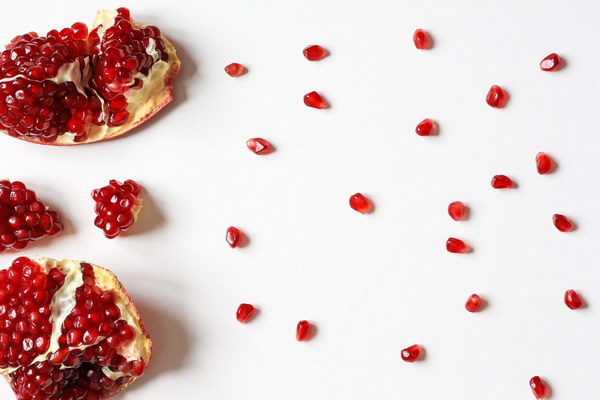The Optimal Dosage of Goji Berries for Enhancing Kidney Health How Much is Enough
Introduction:

Goji berries, also known as wolfberries, have been a staple in traditional Chinese medicine for centuries. They are believed to offer numerous health benefits, including enhancing kidney function. However, many people are often curious about the right dosage of goji berries to consume for optimal kidney support. In this article, we will explore the optimal dosage of goji berries for kidney health and provide insights into how much is enough.
Understanding the Benefits of Goji Berries for Kidney Health:
Goji berries are rich in essential nutrients such as vitamins, minerals, and antioxidants. These nutrients play a crucial role in maintaining kidney health. Some of the key benefits of goji berries for kidney health include:
1. Antioxidant Properties: Goji berries contain high levels of antioxidants, which help protect the kidneys from oxidative stress and damage caused by free radicals.
2. Anti-inflammatory Effects: Goji berries have anti-inflammatory properties that can help reduce inflammation in the kidneys, which is often associated with various kidney diseases.
3. Immune System Support: A healthy immune system is essential for maintaining kidney function. Goji berries can boost the immune system, thereby supporting kidney health.
4. Blood Sugar Regulation: Goji berries have been found to help regulate blood sugar levels, which is particularly beneficial for individuals with kidney conditions such as diabetic nephropathy.
Determining the Optimal Dosage of Goji Berries for Kidney Health:
The optimal dosage of goji berries for kidney health may vary depending on individual factors such as age, weight, and overall health. However, a general guideline can be followed:
1. Daily Consumption: It is recommended to consume goji berries in moderation, with an average daily dosage of about 1-2 tablespoons.
2. Forms of Consumption: Goji berries can be consumed in various forms, such as dried berries, powder, or juice. Dried berries are often preferred due to their higher nutrient content.
3. Duration of Consumption: For best results, it is advisable to consume goji berries regularly, ideally on a daily basis, for at least 3-6 months.
4. Safety Considerations: While goji berries are generally safe for most people, individuals with certain medical conditions or those taking specific medications should consult with a healthcare professional before incorporating goji berries into their diet.
Potential Side Effects and Interactions:
Although rare, some individuals may experience side effects or interactions when consuming goji berries. These may include:
1. Allergic Reactions: Some people may be allergic to goji berries, experiencing symptoms such as hives, itching, or swelling.
2. Interactions with Medications: Goji berries may interact with certain medications, such as blood thinners or blood pressure medications. It is important to consult with a healthcare professional if you are taking any medications.
Conclusion:
Incorporating goji berries into your diet can be a beneficial way to support kidney health. By following the recommended dosage guidelines and being aware of potential side effects or interactions, you can enjoy the potential health benefits of goji berries while minimizing risks. Remember to consult with a healthcare professional before starting any new supplement regimen to ensure it is safe and appropriate for your specific health needs.









